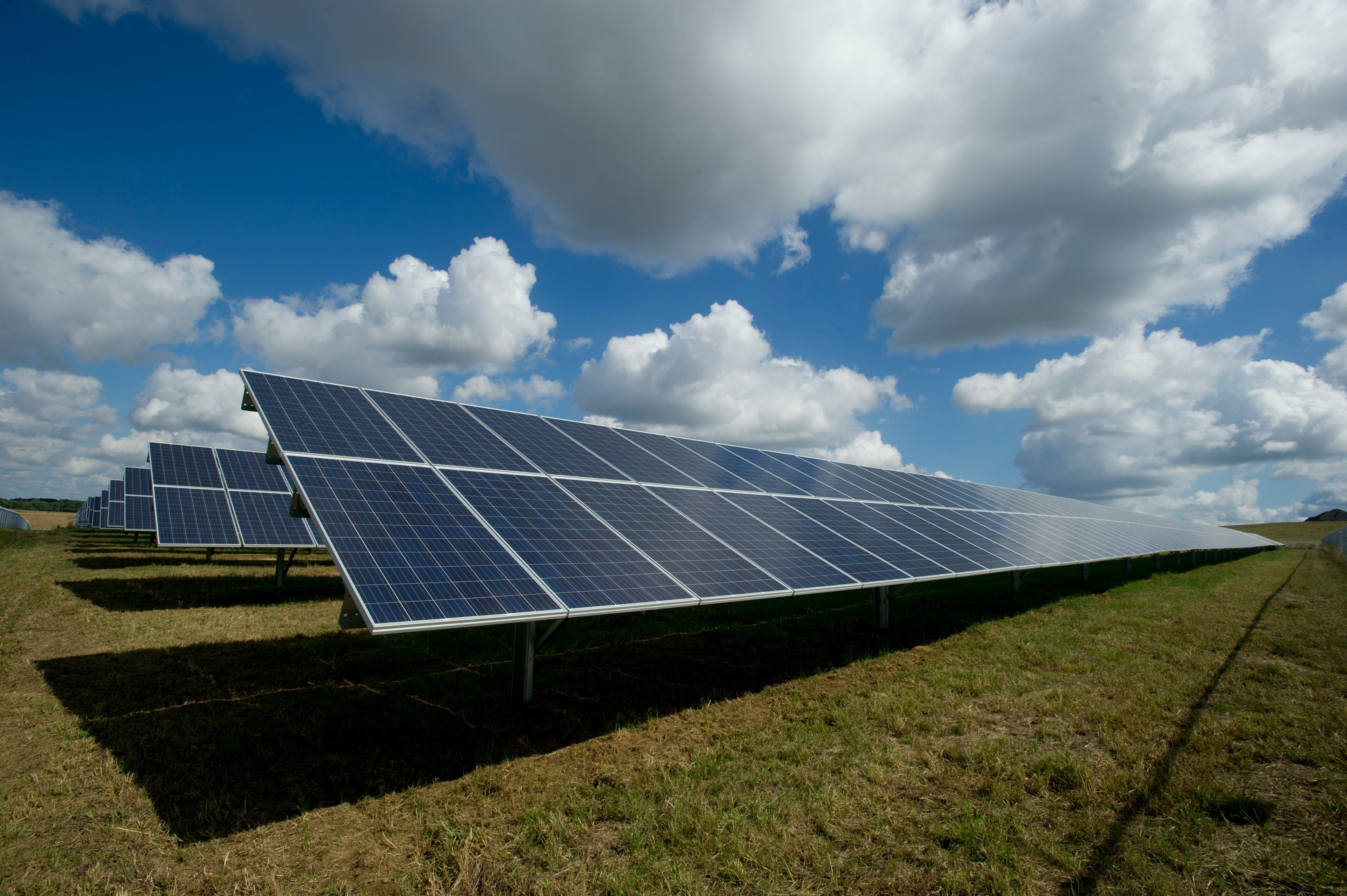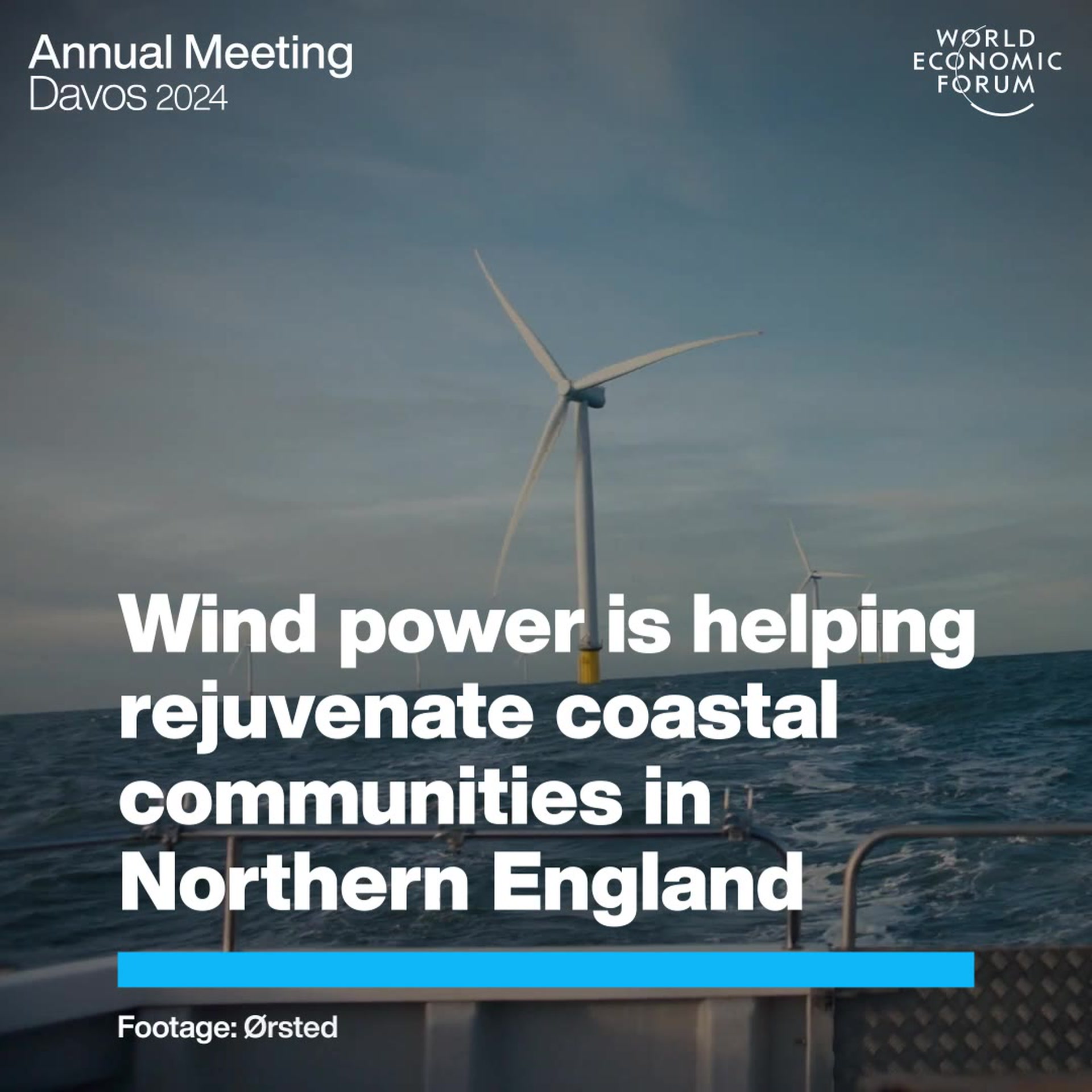China joins list of nations banning the sale of old-style fossil-fuelled vehicles

China is banning fossil fuel cars from 2035. Image: REUTERS/Tingshu Wang

Get involved with our crowdsourced digital platform to deliver impact at scale
Stay up to date:
Electricity
- From 2035, the only new cars for sale in China will be 'new-energy'.
- In parts of Europe, similar rules are coming on stream earlier.
- The US is lagging behind – only California is enacting legislation.
Time is running out for fossil-fuelled cars. China is the latest country to outline plans to get them off the road, joining a growing list of countries that have announced similar plans.
By 2035, all new vehicles sold in China must be powered by 'new-energy', the Chinese authorities have said. Half of them must be electric, fuel cell, or plug-in hybrid – the remaining 50%, hybrid vehicles.
There have been subsidies on offer to encourage Chinese motorists to buy new-energy cars since 2009, and by last year they accounted for around 5% of all new car sales. Globally, approximately half of all electric and other new-energy cars were sold in China.
Here are some of the other jurisdictions that have taken a similar step.
UK: Pressure to accelerate change
The UK has plans in place to ban sales of new fossil-fuelled vehicles by 2040. But there is a growing call for that to be brought forward. The Department for Transport is “actively considering” shifting the deadline to 2030, according to The Times newspaper. Currently, new-energy vehicles account for 4.9% of sales, the same report says, while a report from the Behavioural Insights Team and the Transport Research Laboratory recommend further financial incentives.
Norway: Leader of the pack
In October, more than 60% of new cars sold in Norway were electric. The country has an ambitious deadline of 2025 as the point at which new cars must be new-energy vehicles. The Nordic nations are frequently held up as examples of progressive attitudes and Norway is no exception, offering a range of financial incentives and inducements to encourage take-up of electric cars.
US: Slow progress state-by-state
There is no nationwide ruling on this issue across the US. California is the first state to announce any kind of ban. By 2035, it will no longer permit the sale of new gasoline-powered cars. California has more electric vehicle charging outlets than any other state in the Union, a long way ahead of other states.
European Union: Driving change
Across many European countries, similar plans and deadlines for the transition to new-energy vehicles are in place. In Germany, almost one-sixth of all the new cars registered in September were hybrids or electric. Along with France, Germany has a 2040 deadline for the end of sales of petrol and diesel vehicles. That means the EU’s two largest economies will be lagging behind other European nations in that regard. Belgium, Ireland and the Netherlands have set 2030 as their deadline.
Don't miss any update on this topic
Create a free account and access your personalized content collection with our latest publications and analyses.
License and Republishing
World Economic Forum articles may be republished in accordance with the Creative Commons Attribution-NonCommercial-NoDerivatives 4.0 International Public License, and in accordance with our Terms of Use.
The views expressed in this article are those of the author alone and not the World Economic Forum.
The Agenda Weekly
A weekly update of the most important issues driving the global agenda
You can unsubscribe at any time using the link in our emails. For more details, review our privacy policy.
More on ElectricitySee all
Francisco Laverón, Randolph Brazier, Natalia Zabolotnikova and Xabier Mugarza Zorriqueta
March 26, 2024
Johnny Wood
February 8, 2024
Cristen Hemingway Jaynes
February 5, 2024
Jamie Wylie and Adrienne Gibbs
January 18, 2024
January 17, 2024







